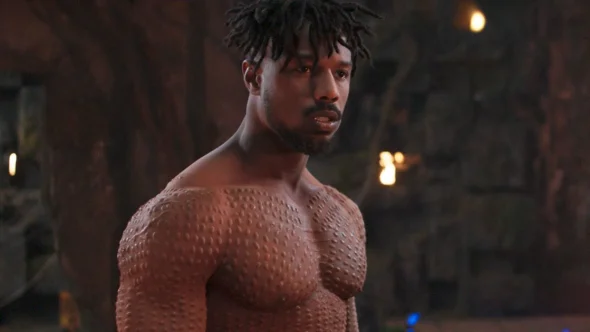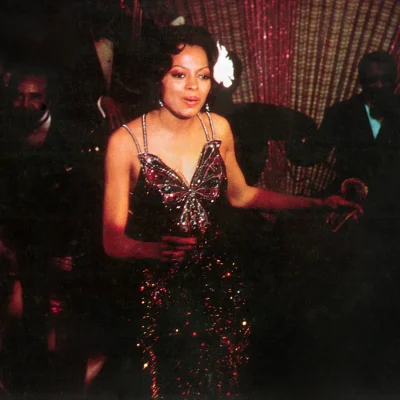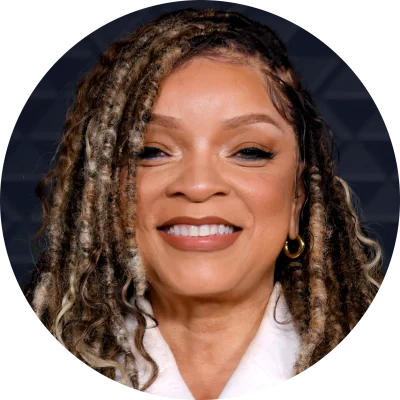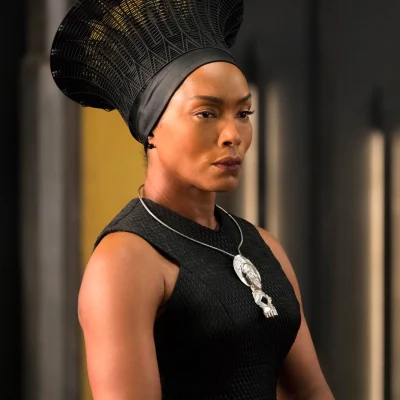
Born and raised in Lagos, Nigeria, and now based in Texas, Temi Coker is a multidisciplinary artist whose work combines photography and graphic design.
One of the the seven international artists who re-envisioned Oscar for this year's campaign, Coker connects most to movies that reflect the work of Black artists depicting the Black experience.
“That’s why I wanted to make the Oscar statuette Black—to honor all the Black actors, writers, directors who have really done a great job telling our stories,” he says. “I wanted this artwork to be visually striking and colorful because that’s what I feel when I watch movies that have people that look like me. This representation transcends past film and into our lives.”
Here are Coker's top picks for the movies that most inspired him.

Director Ryan Coogler delivered such a masterpiece. It’s just pure Black excellence. The African proverbs in the movie, the family structure, the identity of self and the idea of legacy make this one of the best films I’ve ever watched. We’ve always wanted to see ourselves depicted as the kings and queens that we are and this movie delivered that. It was vibrant and exhilarating. It brought a lot of Black communities together and reminded them that our culture matters.

This movie was shot beautifully with a lot of symbolism in the camera movement, music and lighting. I love director Barry Jenkins’ idea of “bringing the art house to the ’hood.” He wanted it to be an art piece and that’s why you hear a lot of classical music in the film. The cinematic shots, panning and cuts really help build the storyline.

This film is about brotherhood, war, peace, love and redemption as the five main characters reveal who they are. I resonated with this film so much because in the Black community you have those who want to fight injustice with peace and others with war.

An exploration of capitalism and the cost of success, the main character is caught between using his “white voice” and being successful or being his true self and being part of the 99%. This resonated with me so much because when I started my creative journey, I questioned if I would be more successful if I focused on photographing white people and catering to a white audience—in a sense using my “white voice” in photography and design. It wasn’t until college that I realized this was flawed thinking and I began focusing on creating art that represented my community and people who look like me.

A Spike Lee masterpiece, it depicts a Black cop going undercover to dismantle racism by disguising himself as a KKK member. It’s an interesting approach because, on one side, you have the radical Black protestors who aren’t afraid to publicly speak about what’s happening in society and then you have this police officer who’s going the more moderate route by almost playing both sides. Spike Lee movies have always come with a message for us to look around and see what’s happening.







